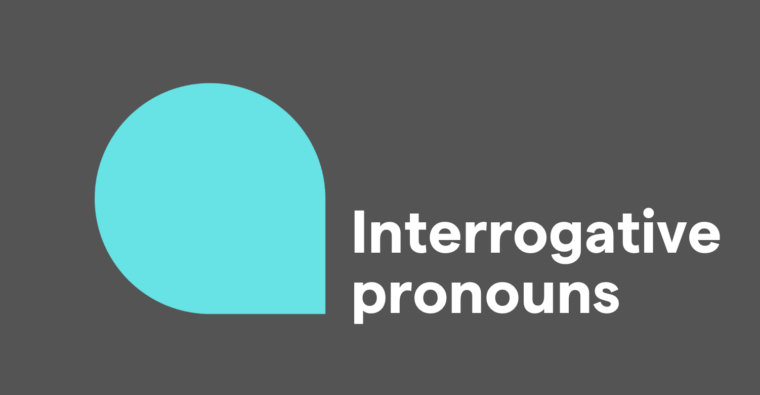
Connotation is what a word means, but it is not its definition.
Trust us, it isn’t as confusing as it sounds.
Think about the difference between describing somebody as childish versus childlike. Both words compare the person with a child. But while childish draws attention to their immaturity, childlike emphasizes characteristics like innocence and a sense of wonder. That’s because childish and childlike have different connotations.
What does connotation mean?
Connotation, pronounced kah-nuh-tay-shn, means “something suggested by a word or thing.” It’s the image a word evokes beyond its literal definition.
Connotation is a noun. Here it is in a sentence:
I avoided using the word “urgent” because of its connotation.
Use connotation when discussing words’ meanings, specifically how they’re understood, interpreted, and chosen in relation to a message’s tone. Synonyms for connotation include implication, undertone, and undercurrent.
How to use connotation in your writing
When you use the word connotation in your writing, you are commenting on how a specific word or phrase is typically understood. You’re discussing the nuance of that word and how it shapes the reader’s or listener’s understanding of your words. You might find yourself using this word in analytical essays to discuss what the authors set out to communicate through their works and how you interpreted it. Connotations of words essentially “flavor” the text, often giving it the subjectivity that separates a narrative from a basic story plot. As an essay writer, you might employ this strategy in reaction essays, personal essays, and when crafting rhetorical questions.
Correct ways to use connotation
Don’t use connotation to describe a word’s literal meaning. Similarly, don’t use it to define a word or to describe an alternate definition. For example, you wouldn’t write that a connotation for palate, a word typically used to mean “the roof of the mouth,” is “one’s ability to detect and savor a range of flavors.” These are both denotations (or literal meanings) of palate.
Instead, use connotation to note how a word is understood. Here are a few examples of the word connotation in sentences:
- We chose to name our healthy snack business Garden Goodies because “garden” has a connotation of freshness.
- Euphemisms are often attempts to avoid words’ negative connotations.
Here are a few sentences that use connotation incorrectly:
- They said they’d be too busy to play soccer next semester, giving the connotation that they were taking a heavy course load.
- Climate change can be a polarizing topic, and there’s a lot of connotation surrounding it.
In the first sentence, the word implication would be correct in place of connotation. In the second sentence, the word nuance would be a better choice.
Connotation vs. denotation
A word’s connotation is the opposite of its denotation. Denotation refers to a word’s literal definition. Here are a few examples of connotation and denotation in sentences:
- Her sign said “Will work for food,” and the connotation, that she was hungry, was clear.
- I had to look up an unfamiliar word to find its denotation.
5 examples of connotation
- Instead of saying he’d been “fired,” which has the connotation that he’d performed his job poorly, he told us he’d been “let go.”
- To communicate the size of my textbook, I described it as a “tome” because of the word’s connotation.
- Instead of advertising that “children are welcome,” the restaurant describes itself as “family friendly” because of the phrase’s warm connotation.
- Sometimes, words have different connotations across dialects. For example, “trousers” has a different connotation in the United States than it does in the United Kingdom.
- While “clique” and “group” mean the same thing, “clique” has a negative connotation because it implies an exclusivity that “group” doesn’t.
Connotation FAQs
What does connotation mean?
Merriam-Webster’s definition of connotation is the suggesting of a meaning by a word apart from the thing it explicitly names or describes.
When should you use the word connotation?
Use the word connotation when you’re discussing the image a word evokes, particularly when this image isn’t explicitly part of the word’s definition.
What’s the difference between connotation and denotation?
Connotation refers to a word’s implied meaning. Denotation refers to its literal meaning.






